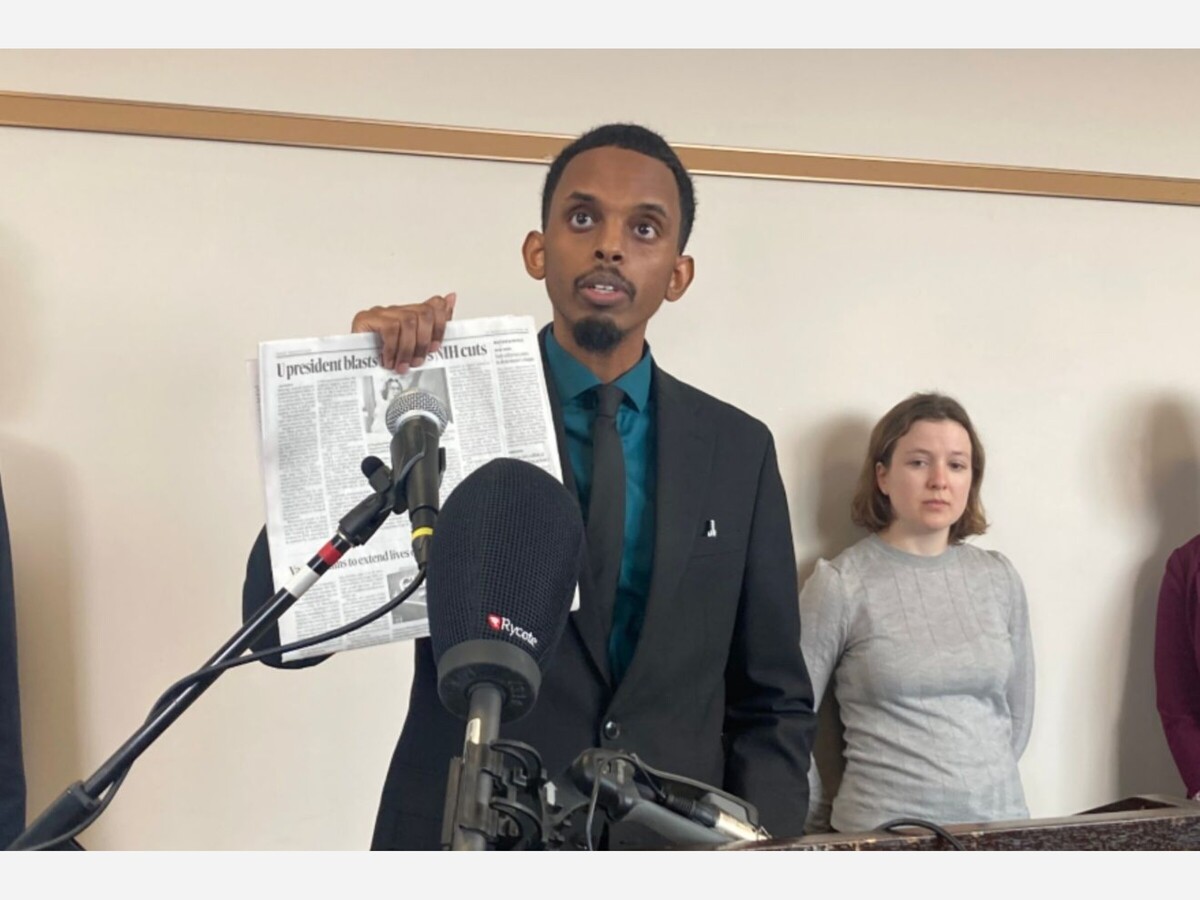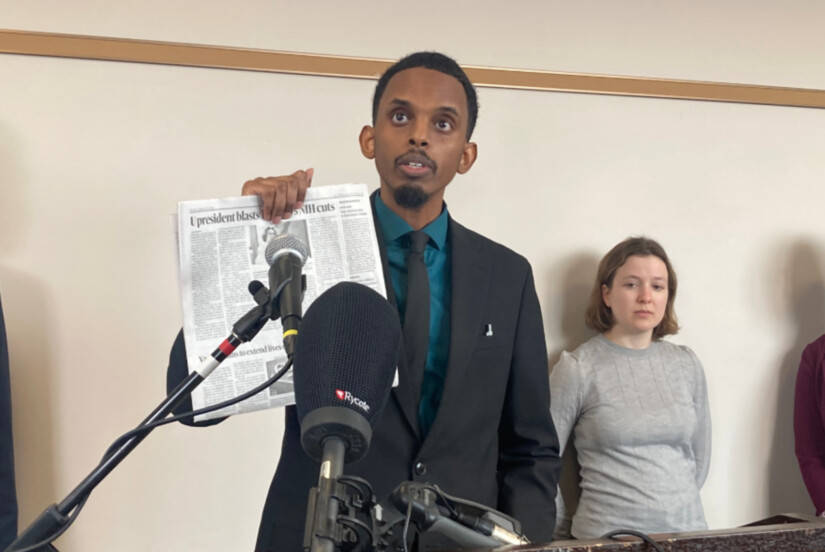Image


As America grapples with a triple threat of bird flu, measles, and persistent COVID-19 cases, the country's public health workforce is strapped for resources and manpower.

UMN researchers, state senators speak out against NIH funding cuts
Recent cutbacks have hit national and state public health departments hard, challenging their ability to respond effectively to disease outbreaks and other public health concerns. Associate Professor JP Leider and Professor Rebecca Wurtz from the School of Public Health at the University of Minnesota have raised the alarm over the critical state of the U.S. public health system.
JP Leider, who serves as the director of the Center for Public Health Systems and is also an associate professor, emphasized the impacts of budget reductions. "Billions cut from our national public health budget are already impacting communities, restricting their capacity to address lead in water, to test and track infectious diseases, to build disaster preparedness and much more," he highlighted in a statement released by the University of Minnesota's news platform. Leider's comments underscore the urgent need for sustained federal and state investments to bolster a workforce charged with keeping the nation safe.
Furthermore, Wurtz, a distinguished teaching professor whose expertise spans immunization barriers and public health misinformation, articulated the broader risks posed by the diminished vigilance in infectious disease control. According to the same University of Minnesota article, "Without the constant vigilance of talented and committed professionals, we will see more cases of diseases which were once controlled or even eradicated in the U.S., including measles, polio and malaria." Wurtz also cautioned about the potential long-term proliferation of preventable diseases like HIV, tuberculosis, and syphilis due to the erosion of communicable disease control programs.
Source: Unsplash / Luis Melendez
The School of Public Health at the University of Minnesota, where both experts teach, has a mission to improve health and well-being for populations around the globe. This becomes increasingly challenging in the face of workforce shortages that hinder not just local communities but inadvertently dampen the global effort to sustain health equity.
For more details on their professional backgrounds and insights on public health, interested parties can contact JP Leider at leider@umn.edu, and Rebecca Wurtz at rwurtz@umn.edu.
In times where public health is at the forefront of global discourse, the cutbacks witnessed in the U.S. signal a concerning trend. As Leider and Wurtz indicate, the health of a nation hinges not simply on immediate medical care, but on the robustness of its public health infrastructure — an infrastructure that, if left unsupported, could unravel decades worth of progress in disease prevention and control.
SOURCE: hoodline